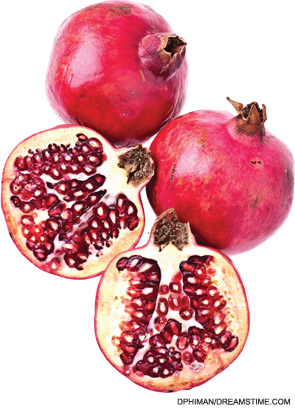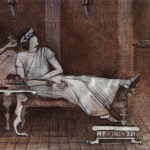
The Yentl Syndrome Revisited
It’s been nearly 20 years since Bernadine Healy, then the Director of the National Institutes of Health, gave the Yentl syndrome its name.1 Healy wrote eloquently about gender inequality in medicine. She titled this predicament after Yentl, a woman in a story by Nobel Prize–winning writer Isaac Bashevis Singer. Yentl had to disguise herself as a man to study Talmud. (Maybe you’ve seen the movie about this of the same name, directed, co-written, and co-produced by and starring Barbara Streisand as Yentl.)
The issue of women in science was recently revisited in several prominent journals.2-4 The reports and comments were fascinating. An article in Health Affairs examined starting salaries by gender of physicians leaving residencies in New York state from 1999–2008. They found that in 2008, male physicians made an average of $16,819 more than their female counterparts; in 1999, the difference was $3,600. The implication is that there remains significant and unacceptable gender inequality in medicine (and presumably elsewhere).
The New York Times recently published an article about this as well.5 “I have always believed that contemporary gender discrimination within universities is part reality and part perception,” said Charles M. Vest, MIT president in 1999, “… but I now understand that reality is by far the greater part of the balance.”5 The authors in the Proceedings of the National Academy of Sciences article examined 20 years of data pertaining to assertions and perceptions that there was sex discrimination in grant and manuscript reviewing, interviewing, and hiring in math-intensive fields of science. They concluded that any differences observed were not a consequence of discrimination but rather of choices.
The commentary in Nature elaborated upon this. The issue, the Nature essay asserted, is no longer overt bias but tradeoffs women make while balancing careers and families, influenced by other societal factors. Women may choose certain careers or accept certain jobs that are more conducive with motherhood, child-rearing, and raising families, while most men are not confronted with or constrained by similar considerations; however, the data regarding salaries for men and women physicians completing residencies suggest that there still must be measurable gender bias.
These issues are challenges for professional (and doubtless other) women and, really, for all of us. How can there not be equality of opportunities and rewards in medicine and, indeed, society?

Who Are We?
No, this isn’t really intended to be an existential question. However, a recent publication at least touches on this.6 It seems appropriate to reflect on this as we are now, as I write this, in the midst of interviewing candidates for fellowship. We read their personal statements, ask them “Why rheumatology?”, and try to discern what kinds of rheumatologists they will be from applications and interviews. I’ve done that for decades, invested time reading the relevant literature, and concluded it just isn’t possible to predict accurately. For the most part, “what’s past is prologue” (Shakespeare’s The Tempest, Act 2 Scene 1 Line 279); success, achievement, and accomplishment augurs success, though occasionally I’m surprised. But the process is fun.


